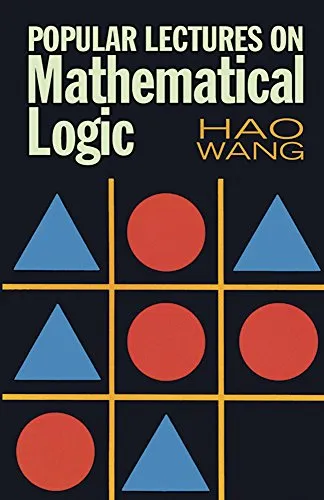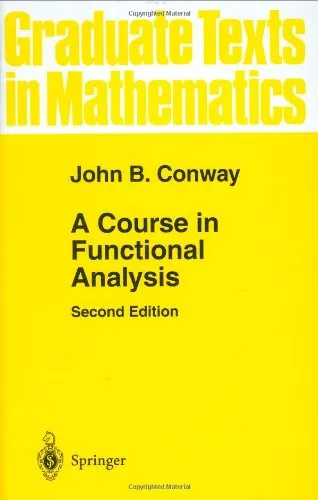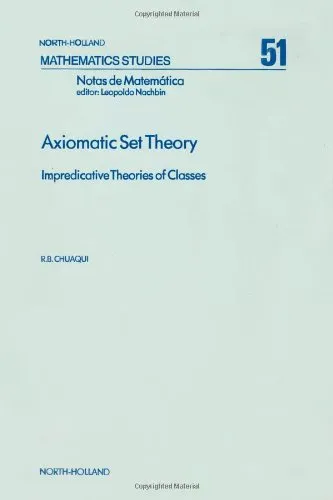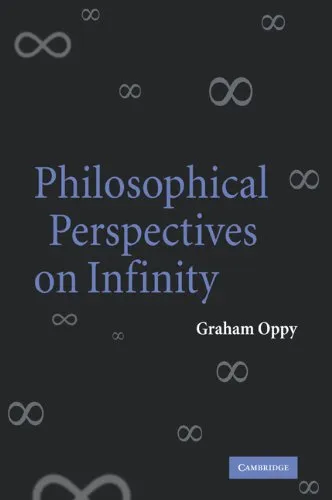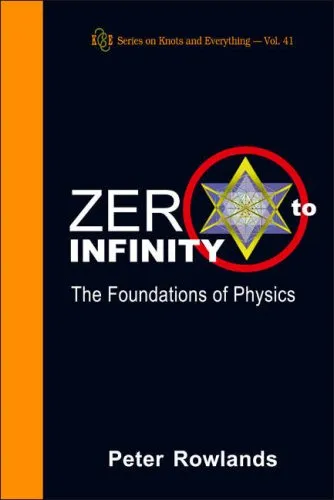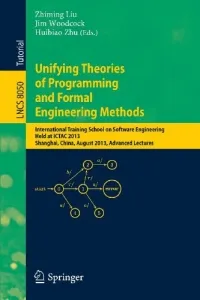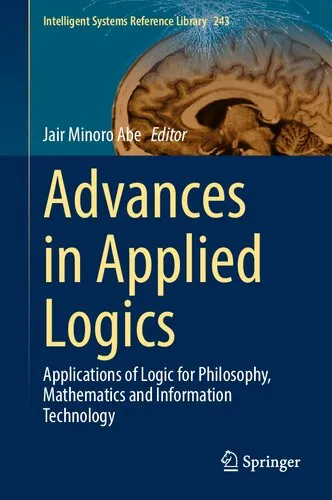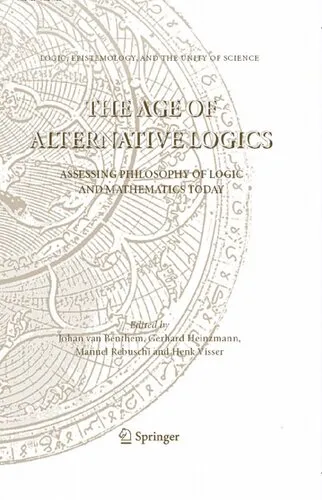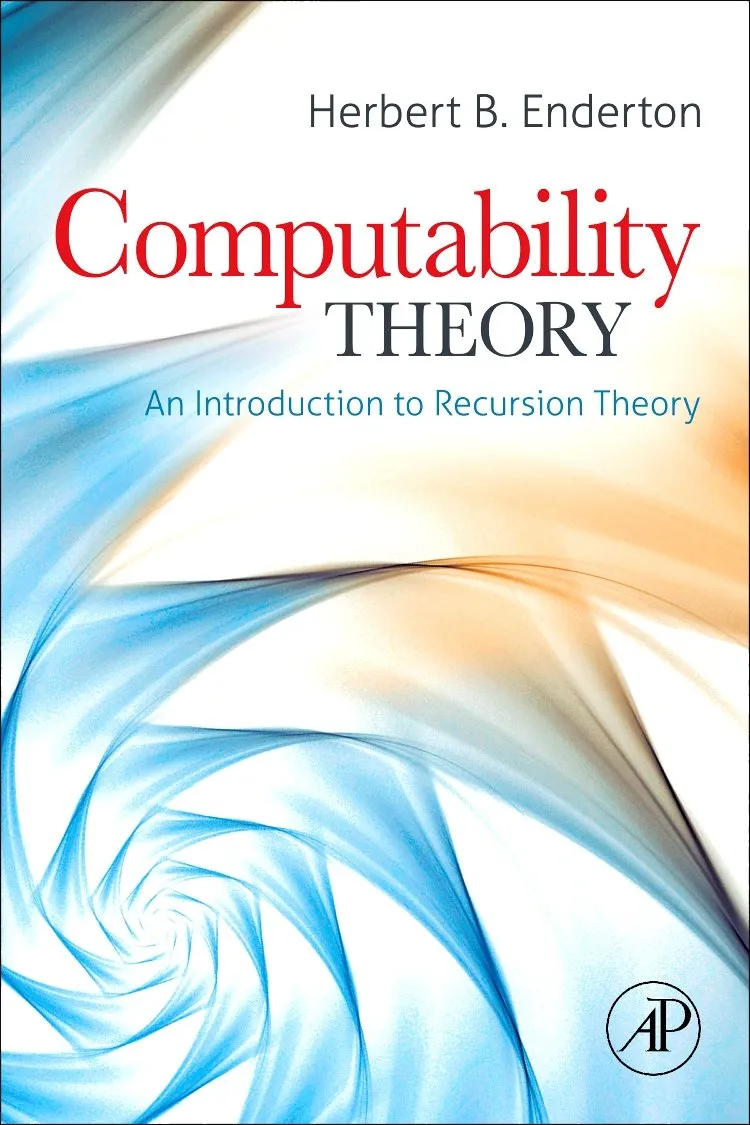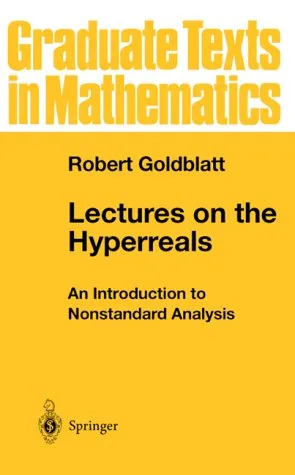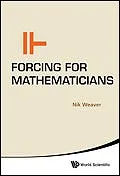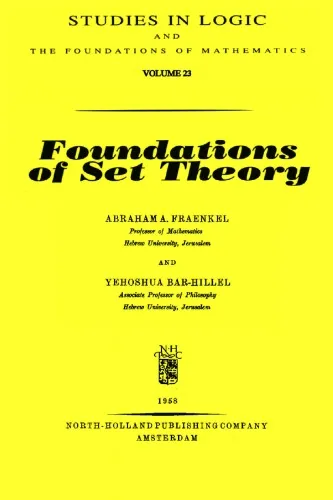Popular Lectures on Mathematical Logic
4.8
Reviews from our users

You Can Ask your questions from this book's AI after Login
Each download or ask from book AI costs 2 points. To earn more free points, please visit the Points Guide Page and complete some valuable actions.Related Refrences:
Introduction to 'Popular Lectures on Mathematical Logic'
Written by Hao Wang, 'Popular Lectures on Mathematical Logic' is a captivating book that brings the intricate world of mathematical logic to a wider audience. This text, while scholarly, is designed to be accessible to laypersons, students, and enthusiasts intrigued by the philosophical and logical foundations of mathematics. Wang’s ability to distill profoundly abstract ideas into comprehensible and engaging narratives makes this book a rare gem in the realm of academic mathematics literature.
The book combines intellectual rigor with literary charm, offering readers not just an exploration of mathematical logic but a deeper contemplation of its relevance to human thought, computation, and philosophy. Let this detailed introduction guide you into the book’s contents, its key ideas, and its lasting value in the study of formal reasoning.
Detailed Summary of the Book
'Popular Lectures on Mathematical Logic' is structured as a series of lectures, each focusing on a distinct yet interconnected aspect of mathematical logic. The content is enriched with examples, historical perspectives, and Wang's reflections on the legacy of such pioneers as Kurt Gödel, David Hilbert, and Alfred Tarski. Across its chapters, the book diligently elucidates central topics like propositional logic, predicate logic, formal systems, and Gödel's incompleteness theorems.
The first sections introduce the reader to the fundamentals of logical reasoning, covering concepts like validity, satisfiability, and proofs. Moving further, Wang dives into predicate calculus and formal theories, transitioning gently from intuitive explanations to more advanced notions. His mastery shines in clarifying Gödel’s incompleteness results, making these notoriously complex ideas accessible without losing their mathematical precision.
Beyond the technical aspects, the book ventures into the philosophical implications of mathematical logic. Readers are invited to consider the limitations of formal systems, the nature of truth and provability, and the role of algorithms and computation in mathematics. By weaving together logic, mathematics, and philosophy, Wang delivers a nuanced and thought-provoking exploration suitable for both academic and general audiences.
Key Takeaways
- Mathematical logic provides a rigorous foundation for reasoning and computation.
- Gödel’s incompleteness theorems highlight the inherent limitations of formal systems.
- Formal systems, while powerful, must be understood in the broader philosophical context of truth and provability.
- The book bridges abstract mathematical ideas with their real-world and philosophical implications.
- Mathematical logic is not just for specialists; it holds significant value for readers from varied backgrounds.
Famous Quotes from the Book
"Logic is not the study of what is true, but the study of the principles of reasoning that preserve truth."
"Formal systems give us a framework to express certainty, but they remind us of the elusiveness of ultimate completeness."
"To study mathematical logic is to confront the profound interplay between simplicity and complexity in the structure of thought."
Why This Book Matters
'Popular Lectures on Mathematical Logic' is a cornerstone text for anyone seeking a deep yet approachable insight into modern mathematical logic. It matters because it demystifies a subject often reserved for specialists, opening it to curious minds of all backgrounds. Wang not only explains mathematical logic as a technical discipline but also integrates it into a broader philosophical and practical context, making the subject more relevant to our understanding of computation, artificial intelligence, and the limits of human knowledge.
The clarity with which Wang explains difficult topics ensures that the book becomes a bridge between mathematicians, philosophers, computer scientists, and anyone interested in the logical underpinnings of knowledge. This book is timeless and essential, continuing to influence contemporary debates in mathematics, science, and philosophy decades after its publication.
Free Direct Download
You Can Download this book after Login
Accessing books through legal platforms and public libraries not only supports the rights of authors and publishers but also contributes to the sustainability of reading culture. Before downloading, please take a moment to consider these options.
Find this book on other platforms:
WorldCat helps you find books in libraries worldwide.
See ratings, reviews, and discussions on Goodreads.
Find and buy rare or used books on AbeBooks.
